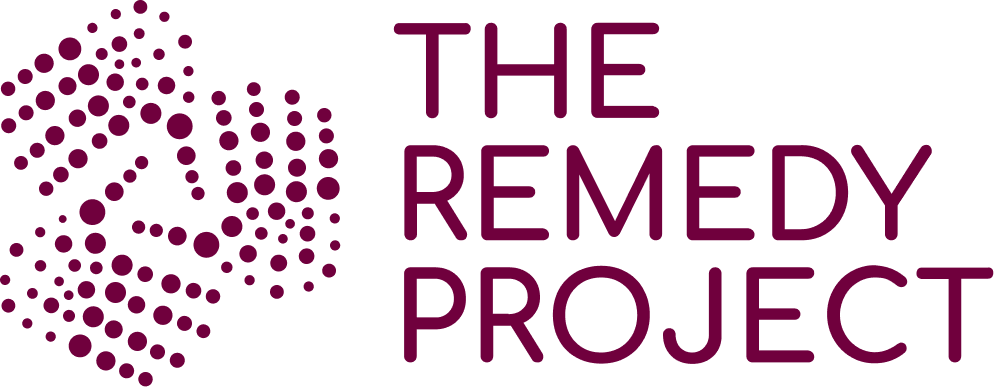Listen for the Unheard Voices of Women in Supply Chains: A Call to Action on International Women’s Day
As The Remedy Project joins the celebrations on International Women’s Day, we reflect on our journey and experiences, focusing on transforming the way we include and invest in women workers in global supply chains.
Approximately 190 million of the workers who work in factories, farms and packing houses that supply the world’s clothing, goods and food are women. For many, these jobs offer a promise of economic independence and the hope for a better future for them and their families. But the reality for millions of women workers involves working excessive hours coupled with difficult and unsafe working conditions and wages that are not enough to make ends meet. Being majority contributors in the informal sector, women workers are often unseen, unheard and unprotected. Sexual harassment and gender-based violence in these supply chains is often pervasive, yet efforts at remediation are ineffective and undisclosed. Out of over a thousand of the most influential companies globally, only 4% of companies publicly commit to remediate harassment and violence grievances in their workplaces, and less than a quarter require their suppliers to do so.[1] This makes them most vulnerable and at-risk of potential negative impacts linked to commercial operations often without any means for redress.
In an era of globalisation and mass production, suppliers look to commission work to the cheapest workforce available. With increasing competition among and within industries, there are heightened risks of employing workers in precarious conditions. For instance, the readymade manufacturing garment sector in Bangladesh accounts for over 80% of the nation’s export earnings, has around 4 million workers, with an estimated workforce of 55-60% girls and young women and girls in forced and child labour.[2]
Empowering women and girls within supply chains requires a multifaceted gender-centric approach. Traceability of fragmented business tiers, transparency in monitoring, and gender-disaggregated data are crucial for identifying and addressing issues such as harassment and exploitation. These challenges render many women invisible in the workforce, which in turn means that their grievances are neither heard nor remedied.
As we build on the theme of investing in women this year, it is imperative to create spaces that encourage women’s participation and retain the unique strengths that they bring to the table. This involves policies and processes that are truly representative of women’s needs interests, and physical and mental well-being. Investing in women as changemakers means offering them a seat at the table to participate, influence, and lead processes that affect them directly.
One example in action is that of the historic Dindigul Agreement, a collaboration between Indian women- and Dalit worker-led union and the textile manufacturer, Eastman Exports. This agreement aims to end gender-based violence and harassment at Eastman factories in Dindigul, India. It represents a significant step forward in addressing discrimination based on gender, caste, and migration status, involving brands, supplier factories, local trade unions, and global labour stakeholders. This system for women and by women, as stated by “delivers power and support to women workers to monitor, prevent and remediate [gender-based violence and harassment] GBVH collectively and with management.” [3]
The Remedy Project urges businesses to invest in collaborative efforts at the intersection of gender, caste, class and race to better understand what safety in the workplace for women truly means for women. This entails creating independent and trustworthy remediation mechanisms in consultation with women who it is meant to serve, developing training programs for management and workers, and establishing frameworks for measuring and reporting impact. Better still, such mechanisms should be led by and implemented by women workers.
When addressing grievances, businesses must recognise that adverse impacts caused by operations are not gender-neutral. Owing to particular socio-cultural and patriarchal structures, women are faced with additional barriers when seeking redress and remedy. Therefore, it is not enough to conduct gender-sensitive impact assessments. Businesses should invest in gender-responsive justice and remediation mechanisms, and foster an enabling environment for women workers and human rights defenders.
This International Women’s day let’s talk about investing in women as changemakers to accelerate progress!
[3] Jeeva M, General Secretary of TTCU.
